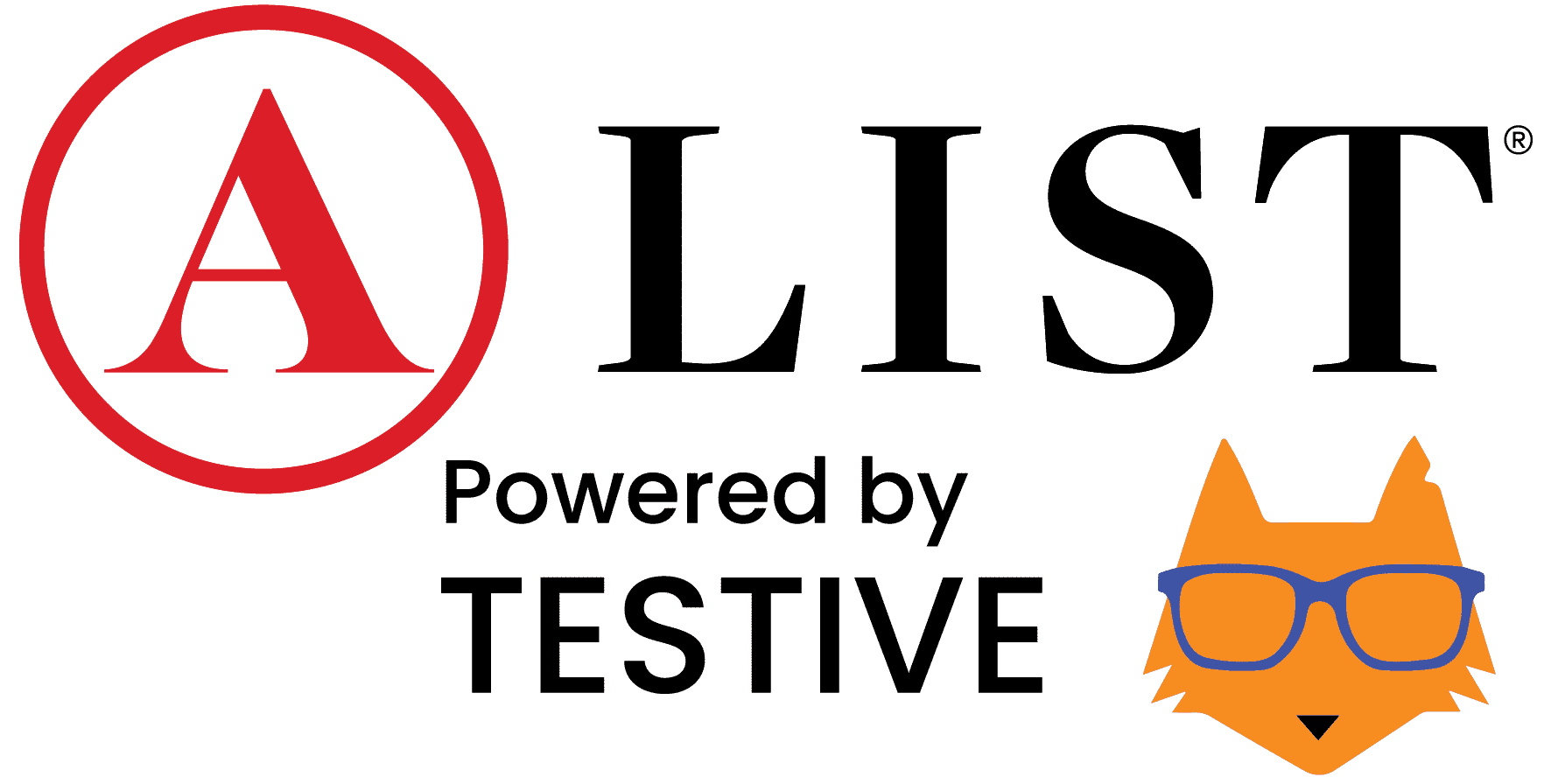2020 may well be recorded as one of the most challenging years for students in modern history. To their credit, students have endeavored valiantly to keep up their skills and their marks. But learning and academic progress has been uneven. Worse, some educators are struggling to track student progress and address growing academic gaps. Luckily new tools and technologies can help make student assessments more efficient and more effective.
HOW TO SCREEN STUDENTS FOR KNOWLEDGE GAPS
Online practice tests are an effective way to evaluate how much of the curriculum students have mastered. Practice tests can show individual student test results broken down by topic area, or more comprehensive reports of an entire class or grade.
In an academic setting, these assessments are generally administered by teaching professionals and educators in order to ensure their accuracy and utility. But practice tests can be done individually, or assigned as work to be done at home – which make them incredibly practical for virtual or hybrid instruction. (Psst…Ask us what will work best for your students.)
Once the screening is complete, data from assessments will be able to provide administrators and educators:
- A question-by-question analysis of student performance, allowing educators to drill down on which subjects need additional work.
- A summary level overview, so educators can detect broad trends in terms of knowledge gaps.
- Useful reports that can tell educators whether students have mastered topics in accordance with Common Core or state standards.
- Detailed information on how specific demographics performed.
HOW TO ADDRESS THE KNOWLEDGE GAPS YOU IDENTIFY
Assessments provide administrators with a significant amount of data, including breakdowns according to grade, age, gender, language proficiency, and a variety of other demographics. We can help you evaluate that data to determine next steps. In some cases, one-on-one instruction is appropriate, or asynchronous learning to review weaker topics. More likely, you’ll have small groups of students who need review in the same areas, in which case you might consider small group tutoring or learning pods. You can even get one-on-one tutoring if a pod isn’t working for particular students.
In short, online practice tests are a quick way to check in with students, assess their knowledge, and zero in on the students and topics that need remediation. While they should not be used for grading students, they are an incredibly efficient tool to provide targeted instruction.
And because the methodologies scale with ease, educators can continue to use adaptive assessment and data-driven learning pods to address education and knowledge gaps with improved results – even when we aren’t responding to restrictions and lockdowns.
To learn more about adaptive, data-driven assessments from A-List, contact us today.

